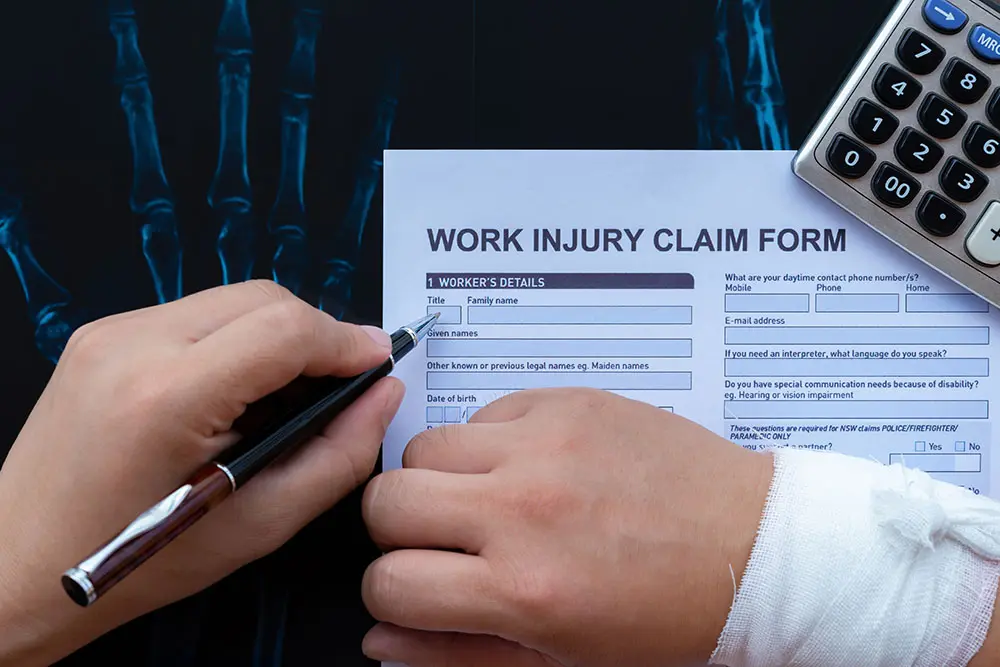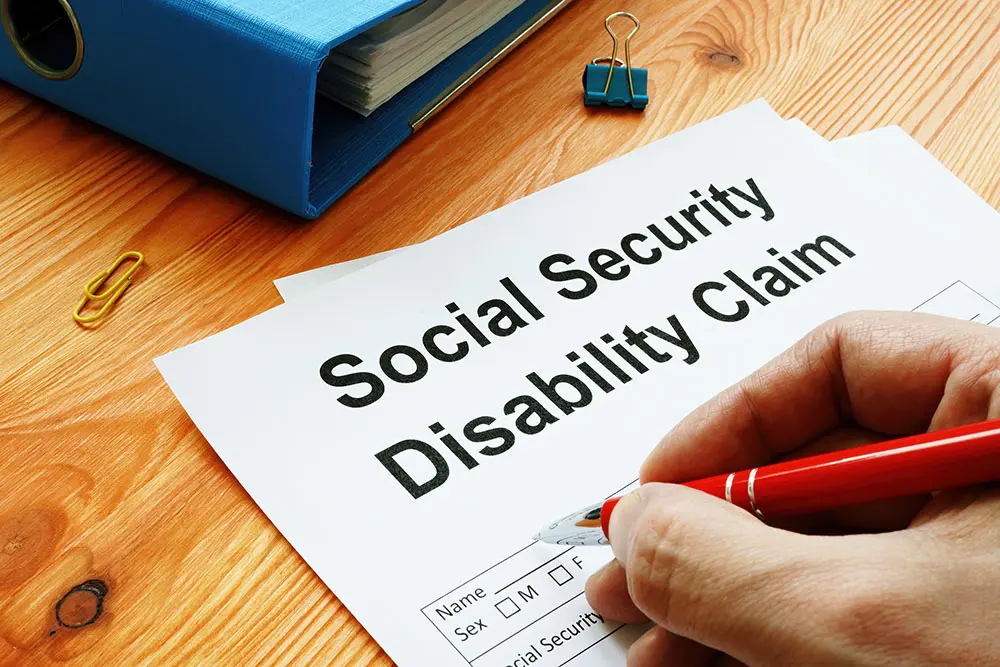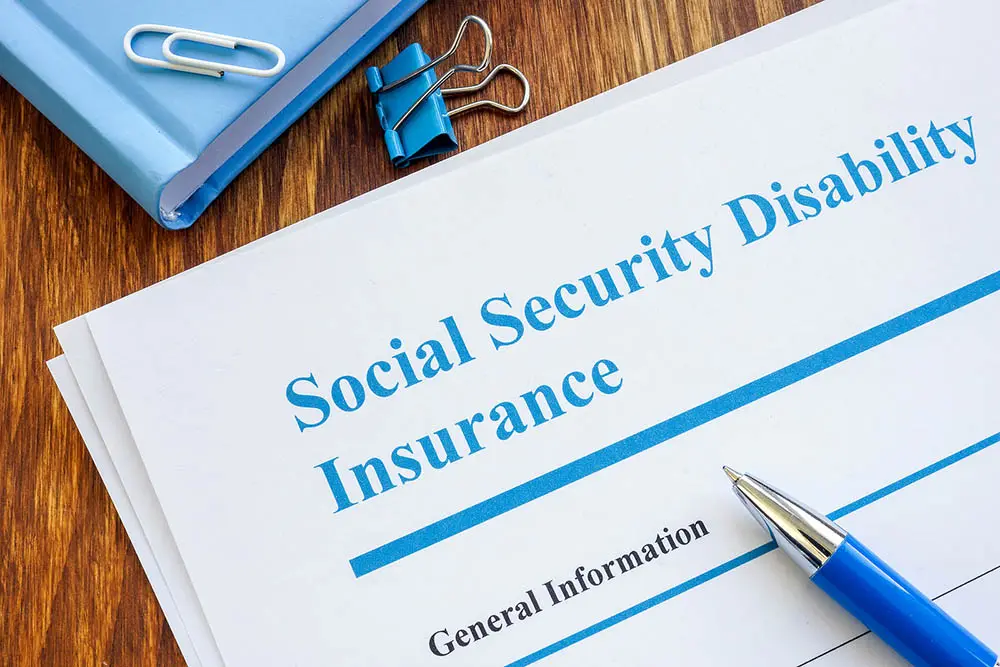Encountering sexual abuse, especially within institutional settings, is a grievous violation that leaves deep emotional and physical scars. For victims and their families, navigating the aftermath of such incidents can feel overwhelming and confusing. It’s crucial to understand that victims have substantial legal rights aimed at protecting and providing them with the necessary tools to seek justice and healing. Our discussion today focuses on empowering you by explaining these rights, the immediate steps you should consider after such an incident occurs, and where to find supportive resources.
We’re here to offer a guiding hand through this challenging journey, ensuring you recognize what actions can be taken to protect yourself and your loved needs. Additionally, understanding the pivotal role of experienced legal counsel in these situations can make a significant difference in the outcome of your case. By familiarizing yourself with the legal landscape, you can better prepare to take decisive actions that help in restoring peace and security to your life. Let’s explore these crucial aspects together, ensuring you have the knowledge and support needed during such trying times.
Understanding Your Legal Rights as a Sexual Abuse Victim
When you face sexual abuse in an institutional setting, knowing your legal rights is foundational. First and foremost, every victim has the right to safety and respect. The law protects you, and those responsible for your care in institutional settings are obligated to maintain an environment free of abuse. If this standard is compromised, you have the right to seek justice. This encompasses the filing of criminal charges against the perpetrator and possibly the institution if they failed in their duty to provide a safe environment.
Victims also have the right to pursue civil remedies. This might include compensation for medical expenses, emotional distress, and other damages related to the abuse. Importantly, understand that your right to privacy is upheld throughout the legal process. Discussions of your case with lawyers and within court documents are confidential. This protection helps ensure that stepping forward does not mean public exposure of your most personal traumas.
Key Steps to Take Immediately After an Incident
Responding quickly and effectively after experiencing or discovering sexual abuse in an institutional setting is critical. Firstly, ensure the immediate safety of yourself or the victim. If the situation threatens physical well-being, contact emergency services to get out of the dangerous environment or situation.
Next, report the incident to the appropriate authorities. Depending on the institution, this might mean speaking with a designated staff member responsible for handling such complaints. However, it’s often wise to go beyond internal reporting. Contacting the police or local law enforcement can help protect you and others from future harm while formally documenting the incident.
Additionally, seek medical attention as soon as possible. Medical professionals can provide the necessary care for any physical injuries and collect important forensic evidence that supports legal action. This initial check-up is crucial, as health professionals are also mandated reporters who can help in formally noting the abuse in your medical records. Remember, documenting everything — discussions, report filings, medical treatments — can provide crucial support for your case as you move forward.
Resources Available for Victims of Institutional Sexual Abuse
Navigating the aftermath of institutional sexual abuse is incredibly challenging, but victims are not left to face this alone. Numerous resources are designed to assist through recovery and legal processes. These resources range from local support groups to national hotlines that provide immediate counseling and guidance. Organizations such as RAINN (Rape, Abuse & Incest National Network) offer confidential support and can direct you to local services and advocates who specialize in assisting survivors of sexual abuse.
Additionally, many communities have local victim advocacy centers. These centers often offer comprehensive services including legal advocacy, counseling, and help in navigating the criminal justice system. They can act as a liaison between the victim and various institutions, ensuring that the survivor’s voice is heard and respected throughout all proceedings. Online resources, like dedicated support forums and educational tools, can also be invaluable to survivors, offering a safe space to share experiences and find communal support, which is crucial for healing.
How a Personal Injury Lawyer Can Help You Navigate Your Case
In cases of sexual abuse within institutions, personal injury lawyers are invaluable. Our role extends beyond basic legal representation; we advocate for your rights and ensure you are treated fairly throughout your case. We start by thoroughly investigating the incident, gathering evidence, and identifying the responsible parties. This might include perpetrators and, potentially, the institution if negligence in preventing the abuse can be demonstrated.
Furthermore, we manage all interactions with the institution and other authorities, safeguarding you from potential intimidation or retaliation. Our expertise allows us to negotiate effectively on your behalf for a settlement that covers damages such as medical costs, therapy expenses, and compensation for pain and suffering. If a satisfactory settlement can’t be reached, we are prepared to take your case to trial, standing with you at every step to ensure the best possible outcome.
Conclusion
Dealing with the aftermath of sexual abuse in an institutional setting can feel isolating, but it’s important to remember you’re not alone. Armed with the right information about your legal rights and the availability of resources, you can start the journey toward healing and justice. Understanding each step of the process, from immediate actions to long-term legal strategy, can profoundly impact your sense of control and empowerment.
At Greg Jones Law, P.A., we dedicate ourselves to supporting victims like you. We understand the sensitivity and strength required to handle such cases. If you or a loved have suffered from institutional sexual abuse, don’t hesitate to reach out to us. We’re here to help you fight for the justice and compensation you deserve. Reach out today, and let’s take the first step toward moving forward.




